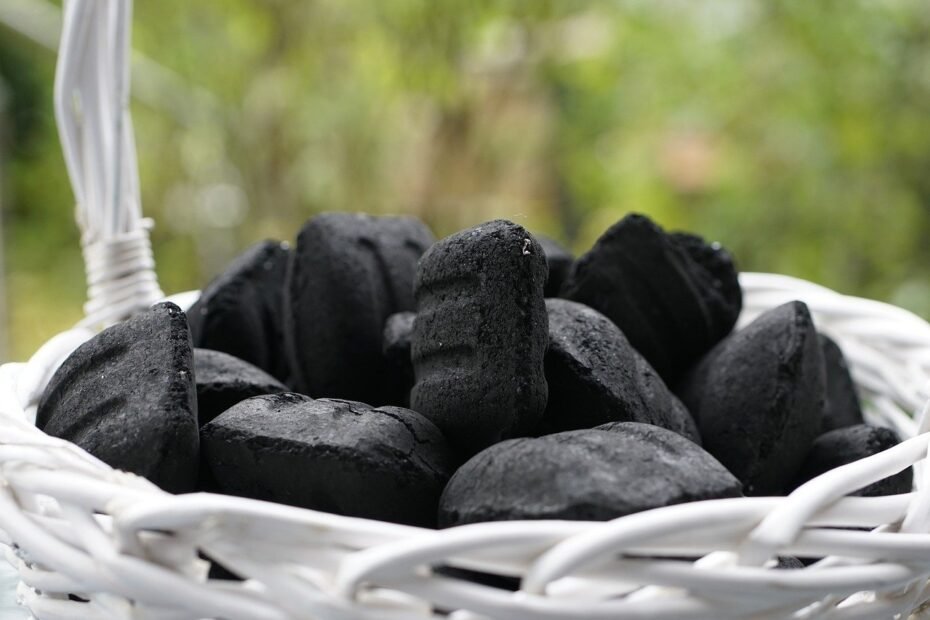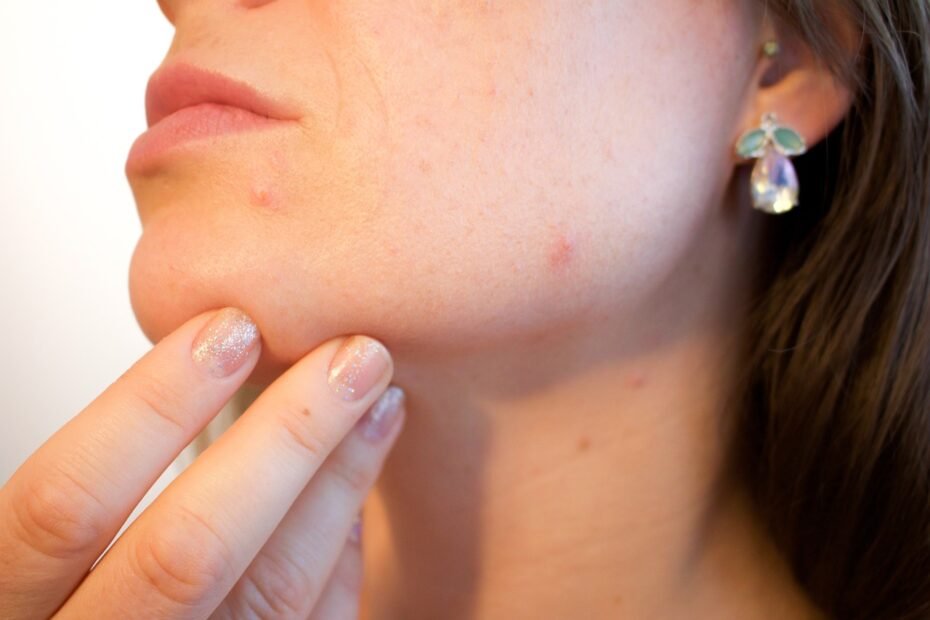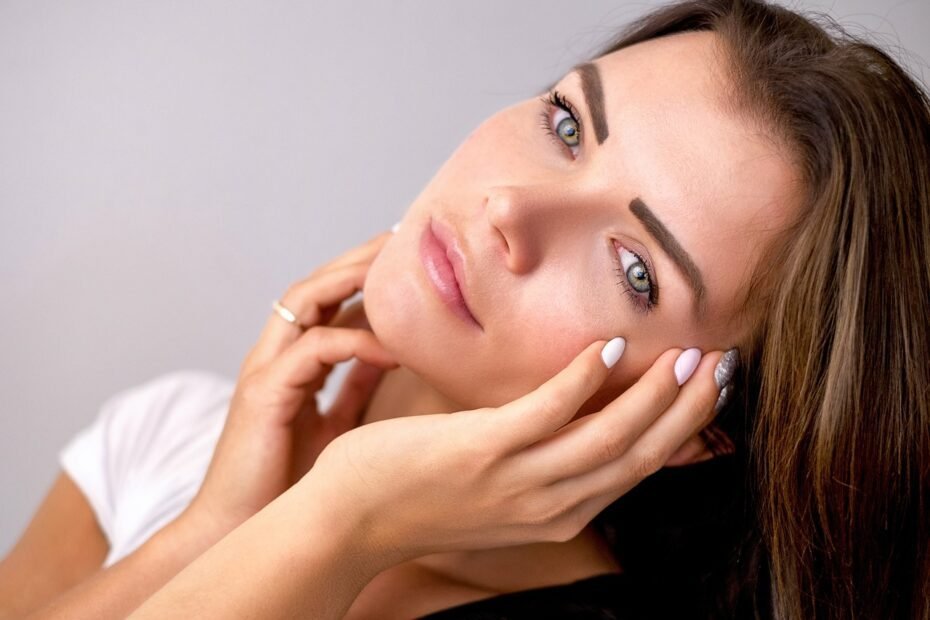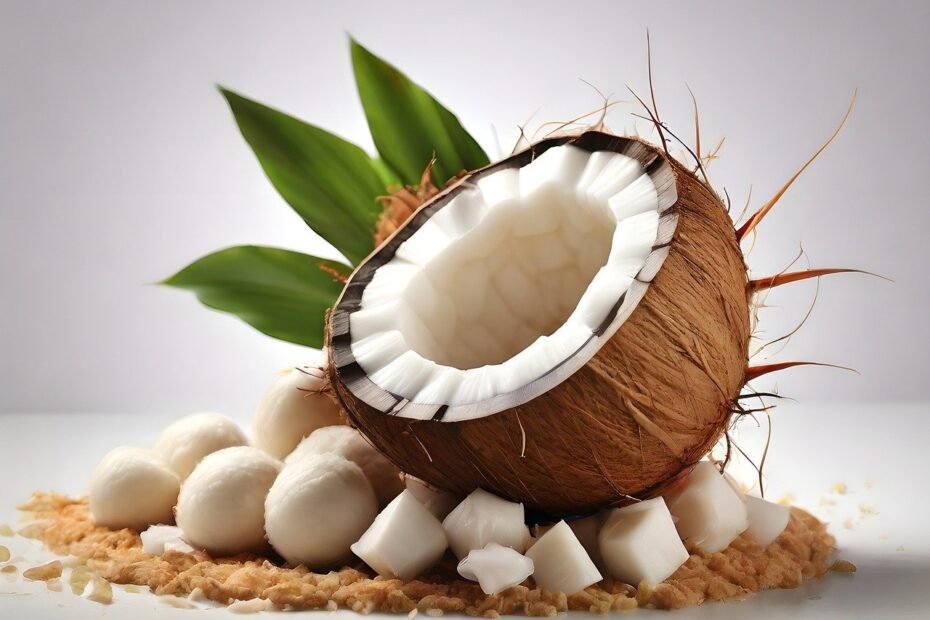When it comes to natural skincare remedies, witch hazel often pops up as a popular choice due to its numerous benefits. From reducing inflammation to minimizing pores, many people swear by its effectiveness. However, there’s a common concern that continues to surface—does witch hazel dry out skin? In this blog, we will explore the effects of witch hazel on skin hydration and dryness, separating the facts from the myths.
Understanding Witch Hazel and Its Uses
Witch hazel is a plant extract derived from the leaves and bark of the North American witch-hazel shrub (Hamamelis virginiana). It’s commonly used in skincare products for its astringent and anti-inflammatory properties. Most witch hazel products are distilled with alcohol, which helps to extract its active compounds like tannins.
The Role of Alcohol in Witch Hazel
One of the main reasons people might think that witch hazel dries out the skin is because of its alcohol content. Alcohol is known to be a drying agent, and products that contain high levels of alcohol can strip the skin of its natural oils. This can potentially lead to skin dryness and irritation. The percentage of alcohol in witch hazel products can vary, so it’s important to look at the formulation of the specific product you’re using.
Witch Hazel for Oily and Acne-Prone Skin
For those with oily and acne-prone skin, witch hazel can be a double-edged sword. On one hand, it helps to reduce excess oil production, tighten pores, and soothe inflamed skin, making it a popular choice for treating acne. On the other hand, overuse or using a product with high alcohol content can be overly drying, potentially causing the skin to produce even more oil to compensate for the loss of moisture.
Does Witch Hazel Affect Dry Skin Types Differently?
If you have dry or sensitive skin, using witch hazel might exacerbate your skin condition. The astringent properties of witch hazel, combined with alcohol, can strip away essential moisture, leaving your skin feeling tight and dehydrated. For this reason, people with dry skin should be cautious when incorporating witch hazel into their skincare routine, ensuring they use a formula that minimizes alcohol content or opt for alcohol-free versions.
Alcohol-Free Witch Hazel Alternatives
For those concerned about skin dryness, alcohol-free witch hazel products are available. These formulations use alternative extraction methods that do not involve alcohol, making them gentler on the skin. While still providing some of the benefits of witch hazel, these versions are less likely to cause dryness and irritation.
Scientific Research on Witch Hazel and Skin Dryness
Scientific studies on the effect of witch hazel on skin hydration are somewhat limited. However, anecdotal evidence and smaller studies suggest that while witch hazel can offer benefits for oily and acne-prone skin, its alcohol component could potentially lead to dryness, particularly for those with sensitive or already dry skin. Always patch-test any new product and consult a dermatologist if you’re unsure.
Personal Experiences with Witch Hazel and Skin Dryness
Consumer reviews and personal anecdotes offer a mixed bag of experiences. Some users find that witch hazel provides exactly what they need to manage oily skin and acne, while others report a marked increase in skin dryness and irritation. This disparity highlights the importance of tailoring skincare products to individual skin types and concerns.
Conclusion: Does Witch Hazel Dry Out Skin?
So, does witch hazel dry out skin? The answer largely depends on your skin type, the product formulation, and how it’s used. While many benefit from its astringent and anti-inflammatory properties, others may find it too harsh, particularly if they have dry or sensitive skin. Therefore, it’s essential to choose the right product and pay close attention to how your skin reacts.
Health Disclaimer: This blog is for informational purposes only and should not be construed as medical advice. Always consult with a healthcare professional before starting any new skincare regimen.





